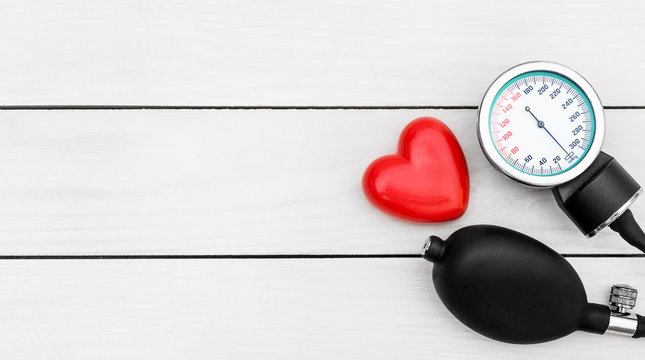
Hypertension, commonly known as high blood pressure, silently affects millions of individuals worldwide, posing a significant risk to their health and well-being. Despite its prevalence and potential severity, hypertension often goes unnoticed until complications arise. In this article, we delve into the intricacies of hypertension, exploring its causes, effects, and management strategies.
What is Hypertension?
Hypertension is a chronic medical condition characterized by elevated blood pressure levels persistently exceeding the normal range. Blood pressure is the force exerted by circulating blood against the walls of blood vessels. It is measured in millimeters of mercury (mmHg) and consists of two values: systolic pressure (the pressure during heartbeats) and diastolic pressure (the pressure when the heart is at rest). Normal blood pressure is typically considered to be around 120/80 mmHg.
Causes and Risk Factors
Various factors contribute to the development of hypertension, including:
Unhealthy Lifestyle: Poor dietary habits, excessive salt intake, physical inactivity, and obesity are significant contributors to hypertension.
Genetic Predisposition: Family history of hypertension increases an individual’s susceptibility to the condition.
Age: Hypertension becomes more common as individuals age due to the natural stiffening of arteries.
Chronic Conditions: Certain medical conditions, such as kidney disease, diabetes, and sleep apnea, can lead to hypertension.
Stress: Prolonged stress can elevate blood pressure temporarily, and chronic stress may contribute to long-term hypertension.
Consequences of Untreated Hypertension
Unchecked hypertension can have severe consequences on various organs and systems in the body, including:
Cardiovascular Disease: Hypertension is a leading cause of heart disease, heart attacks, strokes, and other cardiovascular complications.
Kidney Damage: Persistent high blood pressure can damage the kidneys over time, leading to chronic kidney disease or even kidney failure.
Eye Problems: Hypertension can damage blood vessels in the eyes, leading to vision impairment or even blindness.
Cognitive Decline: There is evidence linking hypertension to cognitive decline and an increased risk of dementia in later life.
Managing Hypertension
Fortunately, hypertension can be effectively managed through lifestyle modifications, medications, and regular monitoring. Management strategies include:
Healthy Diet: Adopting a diet rich in fruits, vegetables, whole grains, and lean proteins while limiting salt, saturated fats, and refined sugars can help control blood pressure.
Regular Exercise: Engaging in regular physical activity, such as brisk walking, swimming, or cycling, can lower blood pressure and improve overall cardiovascular health.
Medications: In cases of moderate to severe hypertension, healthcare providers may prescribe medications such as diuretics, ACE inhibitors, beta-blockers, or calcium channel blockers to help lower blood pressure.
Stress Management: Techniques such as deep breathing exercises, meditation, and yoga can help reduce stress levels and lower blood pressure.
Regular Monitoring: Individuals with hypertension should regularly monitor their blood pressure at home and keep track of their readings to ensure that they remain within a healthy range.
Conclusion
Hypertension is a widespread yet often overlooked condition that poses significant health risks if left untreated. By understanding its causes, effects, and management strategies, individuals can take proactive steps to control their blood pressure and reduce the risk of associated complications. Through a combination of healthy lifestyle choices, appropriate medical interventions, and regular monitoring, hypertension can be effectively managed, promoting long-term health and well-being.